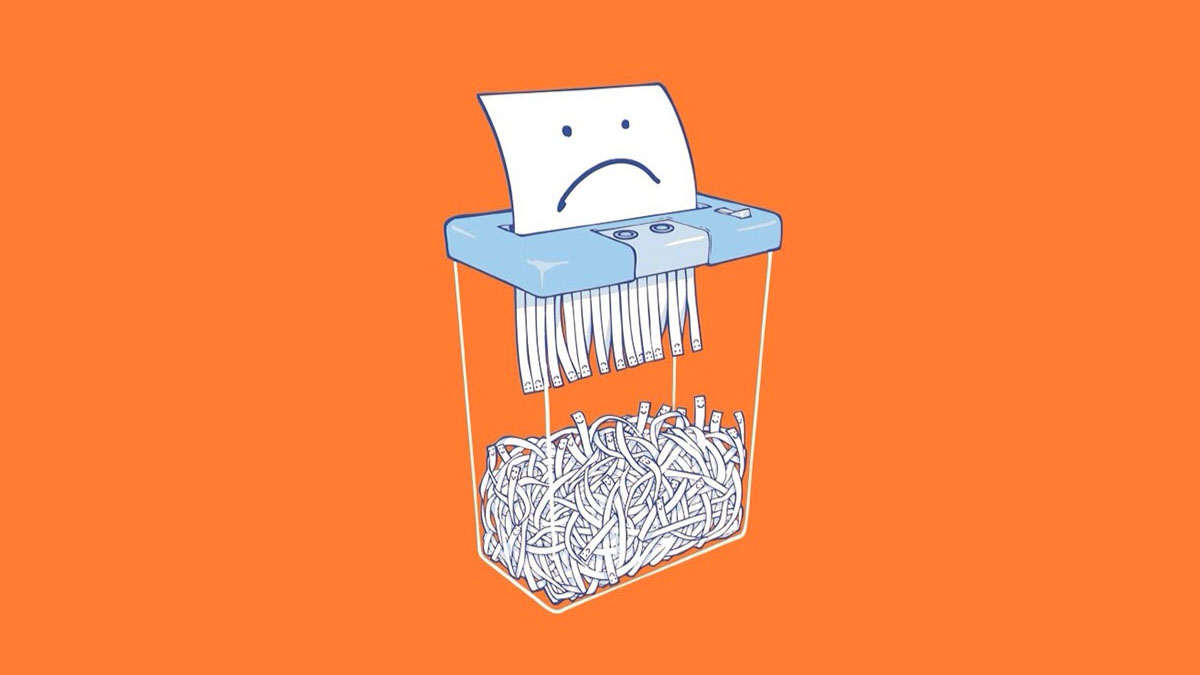why scientists want to starve a publishing beast

After my first introduction to the business model employed by publishers of scientific papers, I had an urge to apply for a job with one as quickly as possible. Here’s why. Normally, when you produce a product or deliver a service, you have to invest the time into researching what you need to create, spend the money on creating all the necessary prototypes to make sure you’re on the right track, then release your final iteration and hope that you’ll make your money back after the sales figures are in. Not so with a scientific publisher. Scientists submit work for which either a university or a government, or both, have paid. Other scientists review the work for free, in their spare time. The final papers are edited for free by volunteers. And without spending a dime on making or acquiring their core product, publishers bundle what they’ve been given and charge exorbitant fees for it. So you can see why it may seem tempting to become a scientific journal editor. It’s a business with low cost, low risk, and depending on how you run it, has huge profit margins. So what if it seals off scientific knowledge by appropriating it under a copyright, even if this work has been publicly funded and intended for the public?
If your first reaction was to think “holy crap, this is wrong on so many levels,” you’re certainly not alone. One of the absolute worst abusers of copyright law and predatory publishing practices in science, Elsevier, has now become a target for scientists fed up with having to pay an arm and a leg to view research appropriated and pay-walled at ridiculous terms. You see, simply selling subscriptions to journals isn’t enough for Elsevier. To make sure their less popular journals are also making money, the publisher bundles them with their popular publications and demands that the universities either buy everything or nothing at all. This is the same as the local supermarket demanding that for every basic staple you buy, you also have to purchase the old fish they don’t want in the freezer anymore, but on which they still want to make a profit, and should you decide to stick with just the staples you wanted to get, they won’t let you buy them. Unfortunately for scientists, they don’t have much of a choice but ask their universities to pay up since Elsevier’s massive collection includes journals the community needs to read to keep up to date on the current bleeding edge research. And things get even more unfair when they have to pony up $30 a paper to read a study that was funded with public cash.
Again, even if it is gouging, we could forgive Elsevier. After all, they are a company, they’re selling information, and the information is in very high demand. But the information they’re selling doesn’t really belong to them in the first place. They just slapped their label on it, claimed copyright, and started charging everyone to read the work they didn’t create and for which they didn’t even pay. On top of that, they supported SOPA, PIPA, and sent numerous donations to two politicians to push the RWA, a particularly nasty bill intended to keep the scientific work funded by the public under their copyright claims despite government bodies arguing that research paid for by the public should be freely available to the public. After all, if thousands of publicly funded papers had to be freely accessible online, Elsevier would lose millions of dollars by being unable to play middleman within the scientific community and charge for them. It’s this attitude that many scientists rightly find unforgivable. It’s not their goal to hoard information form each other and the public because all they would end up doing is hurt themselves in the process by not knowing who’s doing what, how, and why. Scientific work is by nature a very collaborative effort and the vast majority of studies build on hundreds of those that came before them. Instead of making knowledge available to the world, publishers like Elsevier effectively treat it as a commodity.
But what can scientists do against a publishing goliath? Starve it. If Elsevier wants to sell papers, it needs the steady stream of submissions from scientists to add to its inventory. No papers means no product to sell and ultimately, a hit to the bottom line. This is why the boycotting scientists aren’t only refusing to buy access, they also refuse to review and submit papers. With this triple punch they hope to not just starve Elsevier’s journals of content to sell and of cash, but to also undermine their peer review status. As we recently saw, a bad peer review process can undermine an entire journal in a heartbeat, especially today. At the same time, more and more of them are turning to open access journals which charge as much as $2,000 per submission but have strict peer review guidelines and make studies available for free. Having read a lot of great work from journals like these without having to pay a dime, I have a very good feeling about scientists going to a PLoS model and publishing their work for the entire public. Yes, the up front costs for submissions are significant, but it’s worth it to ensure that your work can be accessed and read by all those interested in your research rather than used as a tool to make money by a corporation abusing copyright laws.





